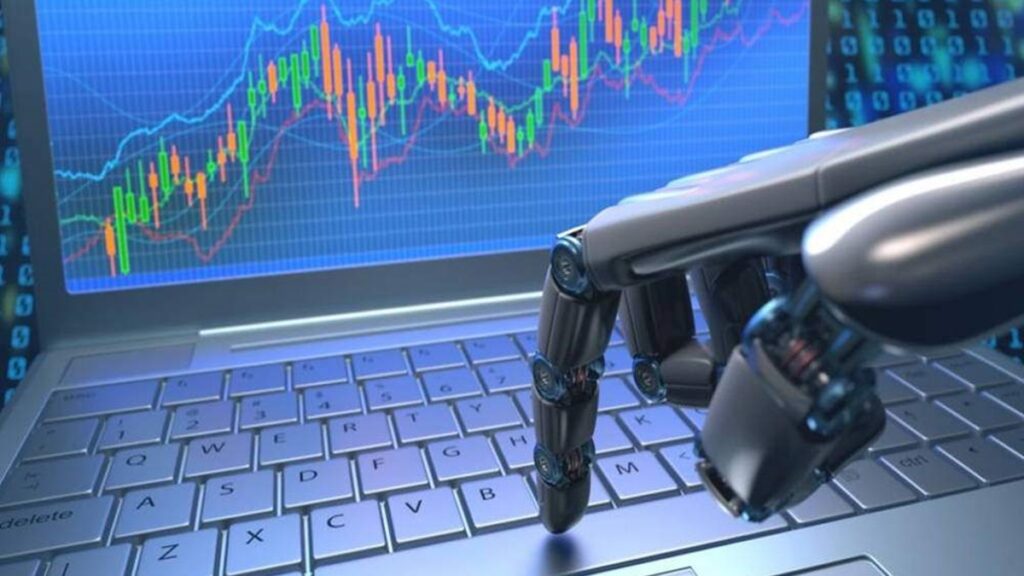Every day, a considerable amount of money is traded in the form of derivatives on the global financial markets. Success in trading stocks is not due to luck. Nor are the failures: bad habits of traders, whether amateurs or experts are often the cause.
Among the most common bad habits: not knowing enough about a company, believing that trading allows you to get rich quickly, or showing an irrational attachment to a company: these among others are all characteristics that push investors toward bad investment decisions. In traditional investment literature, the psychological dimension is little considered, although it constitutes a major obstacle in front of a lot of investors. Indeed, trading decisions are characterized by different cognitive biases. It is in this context that the use of artificial intelligence (AI) can prove to be of great benefit.
Influence of Cognitive Biases on Trading Decisions
Bad habits are common among traders and can have consequences on their portfolio’s performance. Realizing a “trading plan” is essential for traders because it allows them to calculate the risks and the costs, impose rules and limits on losses, and determine when to quit when you’re ahead. However, traders aren’t always perfectly rational and won’t be able to follow their plans to a T. They are indeed influenced by emotions in all their actions and many of their decisions are marked by cognitive biases. If traders assume their plans are based solely on their own rational judgments, that’s a mistake! The brain is designed in a way that emotions often take precedence over rational thought.
Various studies in behavioral economics have identified a large number of cognitive biases that can influence investment decisions. One of the most common biases is called the disposition effect. Traders are more likely to sell stocks whose value is steadily increasing and to keep stocks whose price is steadily dropping until an increase in value. According to statistics and the history of financial markets, this behavior does not make sense. Stocks that price rise are more likely to continue to rise over the next six months. Also, you should not expect a rapid recovery for stocks that are on a downward trend.
In a famous study that observed the behaviors of professional traders, scientists found out that if traders suffer losses in the morning, they tend to want to make up for those losses before the market closes for that day, which triggers more aggressive behavior in the afternoon.
These were merely two of hundreds of examples of cognitive biases and emotional influences humans suffer from which makes them less rational and effective. If only there was a way to reduce human biases.
AI for Hedge Funds and Private Investors
AI is dominating the trading right now. Professional traders have always used computers to help themselves in the global financial markets, which are becoming more and more complex because of their sprawling structures. Algorithm-based trading is now estimated to account for almost 90% of global trading. While high-frequency trading tools are designed to buy and sell financial instruments in the shortest time possible, AI-based models seek out the best time to buy and sell over the long term.
Many funds are currently moving in the direction of using true machine learning. For example, computer scientist Babak Hodjat, who also laid the foundation stone for Apple’s Siri, developed a hedge fund run entirely by artificial intelligence. “I’m much more concerned with human intuition than what the data and statistics reveal,” Hodjat said in an interview with Bloomberg.
This is just one example of the growing AI influence. The opportunities for AI in trading continues to grow. The current providers of trading platforms offer very effective features based on artificial intelligence. This is the right time to learn about machine learning algorithms for trading because they’re only going to become more relevant from now on.

